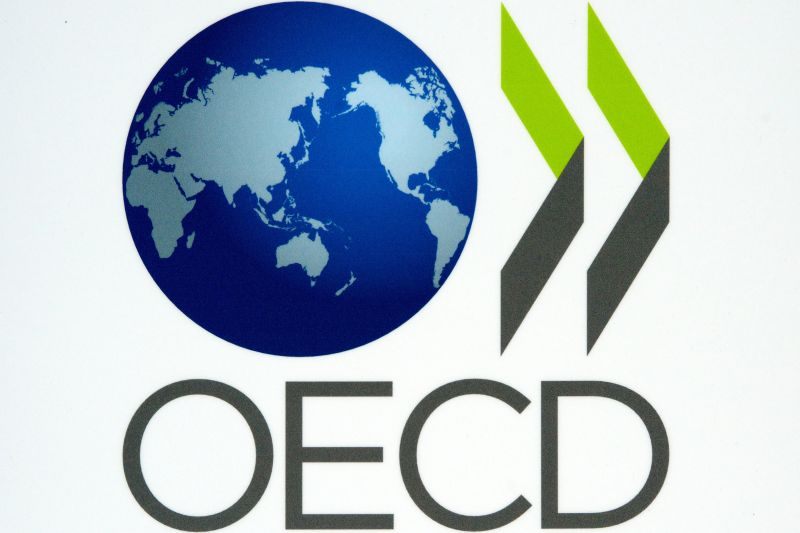
The OECD Schemes for the Varietal Certification or Controlling of Seed traded internationally was established in 1958. Membership is open to OECD, UN and WTO countries, and there are currently 61 member countries. The principal aim of all eight Seed Schemes in place is to encourage the production and use of high quality seed. Each Scheme is defined according to a group of species of cultivated plants; at present, 200 agricultural and vegetable species are covered. By ensuring consistently high standards, the Schemes contribute to its members’ evolving agriculture and trade policies.
The OECD Schemes for the Varietal Certification or the Control of Seed Moving in International Trade include Rules and Regulations applicable to eight groups of species constituting the following Schemes:
- Grasses and Legumes
- Crucifers and other Oil or Fibre species
- Cereals
- Maize
- Sorghum
- Sugar and Fodder Beet
- Subterranean clover and similar species
- Vegetables.
These rules and regulations define the technical standards developed by seed certification specialists in participating countries in close co-operation with other international seed-related organisations, such as UPOV, ISTA, FAO and ISF (see World Seed Partnership). Many regional seed representative organisations also participate in the development of technical standards.
The OECD is known for its evidence-based advice and standards, as well as for being a forum where national experts from different areas can meet and jointly develop common standards and procedures. This and the involvement of highly qualified seed experts in the standard setting process ensure the wide acceptance of the OECD seed varietal certification system, and its value to the global seed and agricultural sectors.
